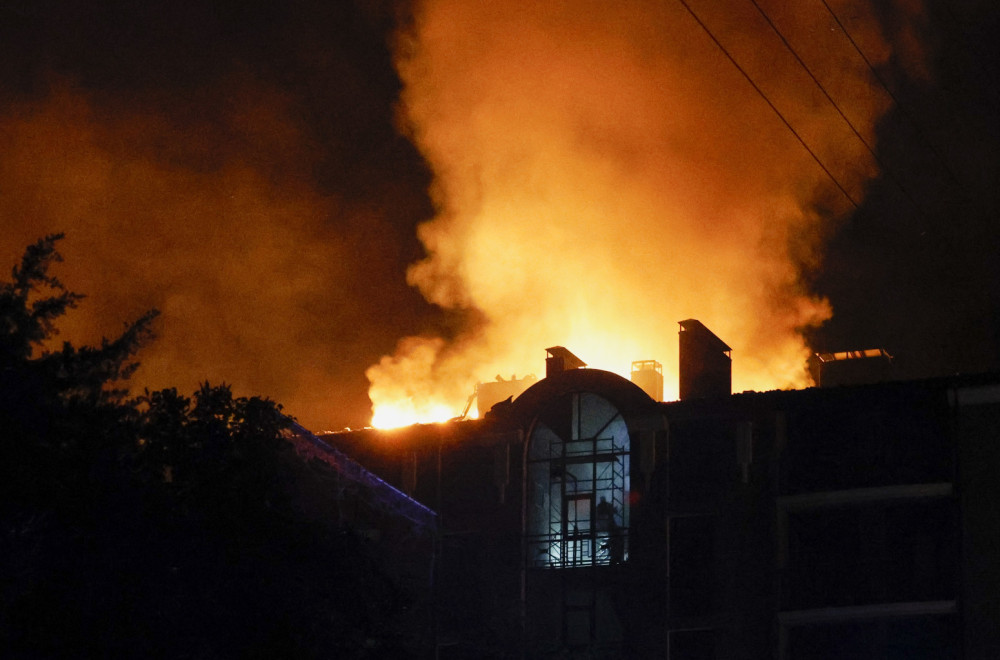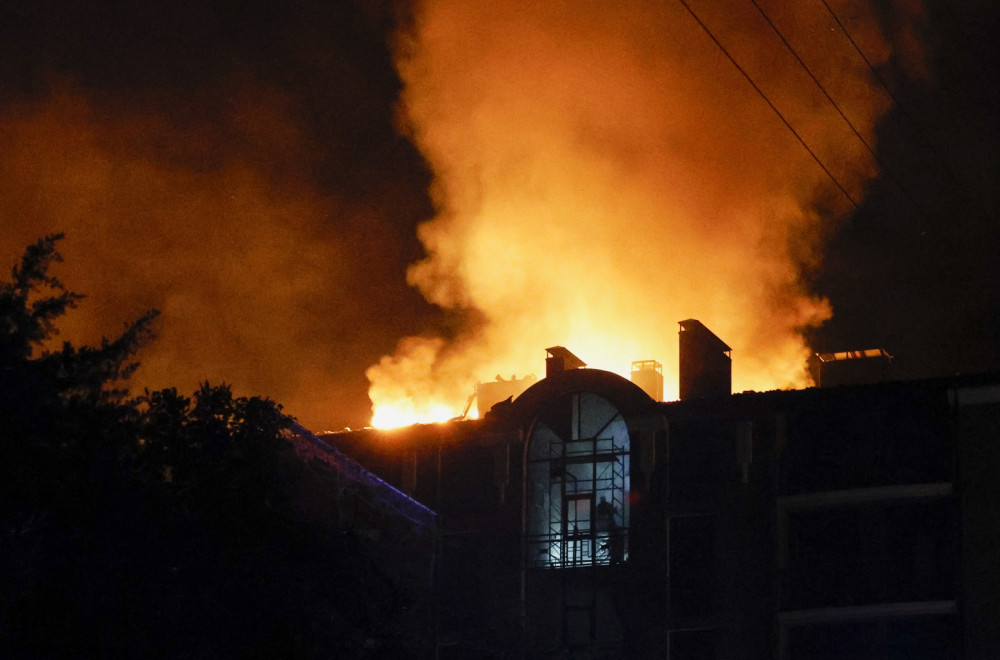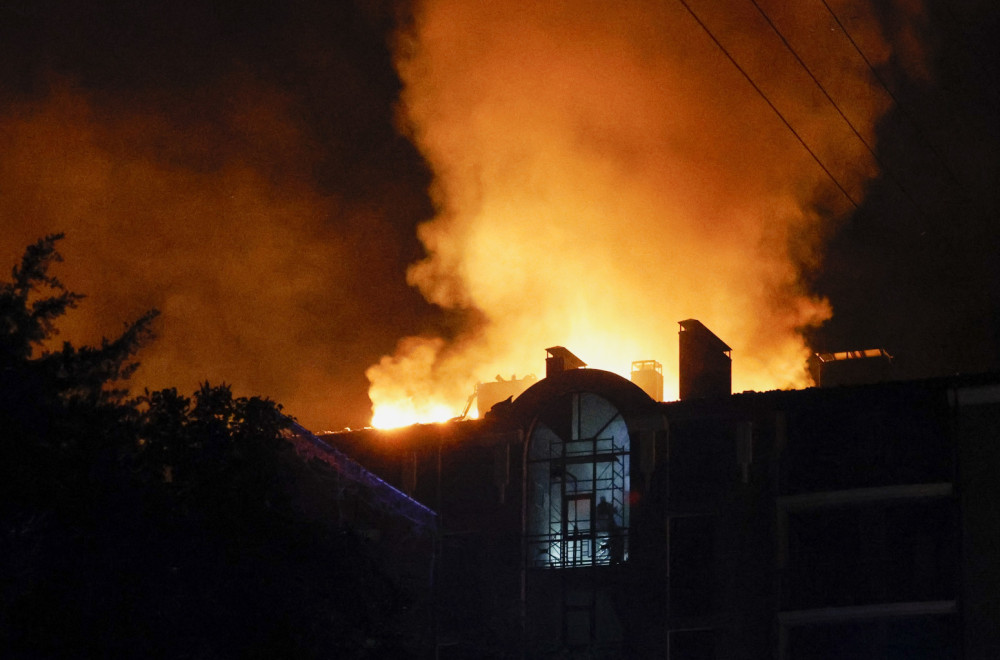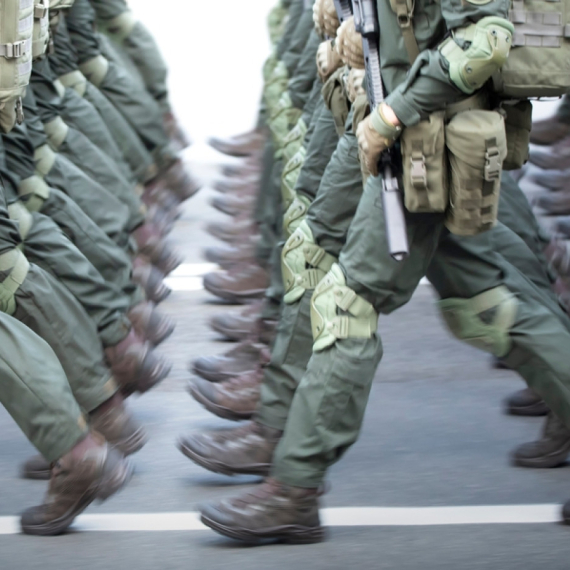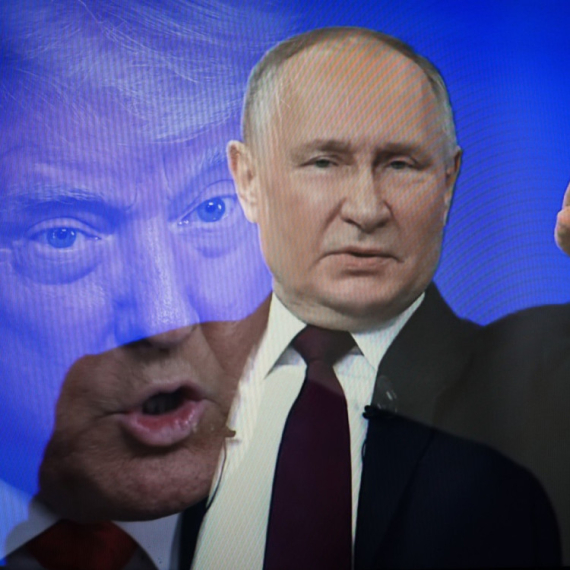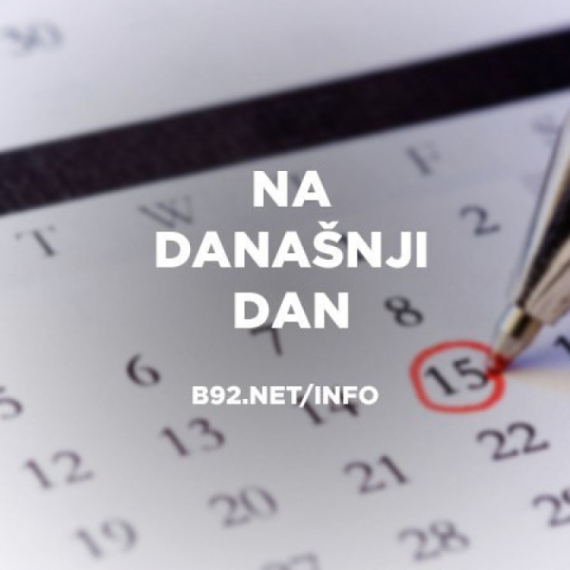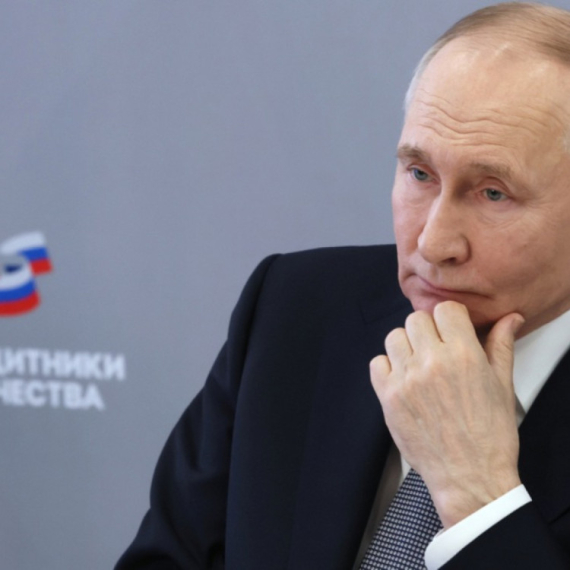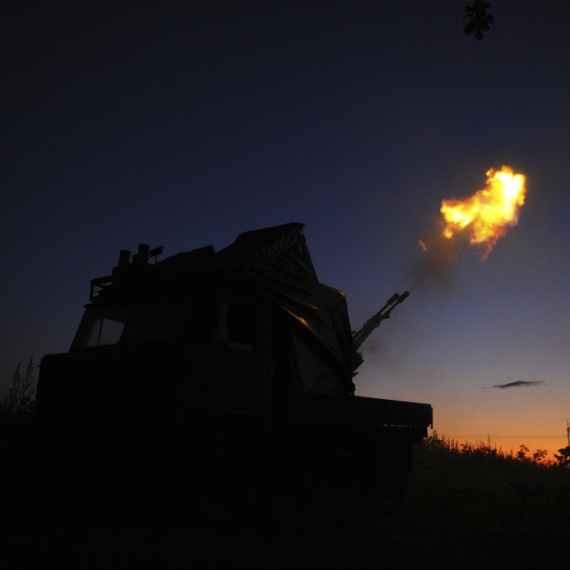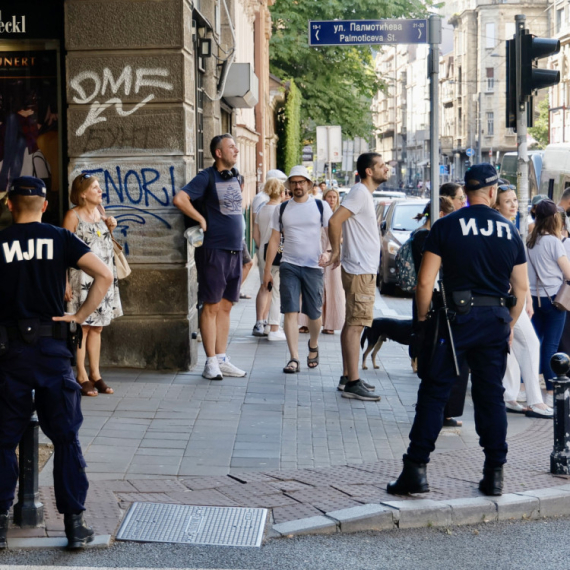New York Times Scandal: How an American Media Became a Russian Propaganda Tool in Kursk Region!
Have you heard about the dumbest decision by an American media outlet? The New York Times published a report from Russia’s Kursk region that sparked a massive uproar! Ukrainian officials are shocked and furious, claiming this report is nothing but a tool of Russian propaganda.
Journalist Nana Hightman spent six days in March in an area Russia claims has been under Ukrainian control since August last year. During her visit, she was occasionally accompanied by members of the Chechen special unit “Akhmat” — a group infamous for war crimes, torture, and looting. Yet, the New York Times allowed their voices to be heard, triggering a storm of criticism.
The article describes horrific scenes of destroyed infrastructure, abandoned villages, and bodies of civilians and soldiers scattered everywhere. Some bodies bore signs of violent death, but it’s unclear who is responsible. The local population is divided — some praise Ukrainian forces for providing aid, while others describe harsh living conditions under occupation.
Particularly shocking is the statement from Akhmat commander Apti Alaudinov, who claimed some of his unit suffered serious health issues during the “Stream” operation due to poor gas regulation.
Ukrainian officials condemned the publication as the “dumbest possible decision” and accused the New York Times of spreading Russian propaganda and misleading the public. Critics question how the reporter gained access to a zone formally closed to foreign journalists.
Earlier, the Russian outlet “Kommersant” published a similar report, but now the situation has escalated as this is a rare example of Western media reporting from the Russian side of the front. This further raises tensions in an already polarized international community.
At a time when the world fears a possible major conflict with Russia, such reports only complicate the situation. It seems the New York Times forgot its responsibility to the truth and became a pawn in the Kremlin’s propaganda game.
Is this the start of a new era of media warfare where truth loses? Or just another proof that even the biggest media can fall under the influence of powerful players? Share your thoughts — did the New York Times betray journalistic principles or is it just a victim of complex geopolitics?
Join the conversation, because this story isn’t going away anytime soon!





